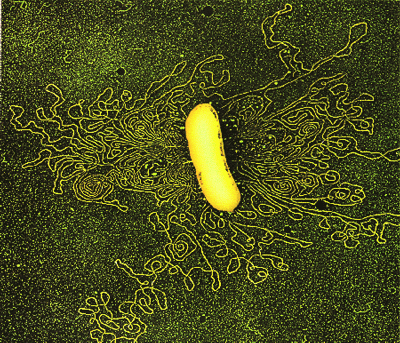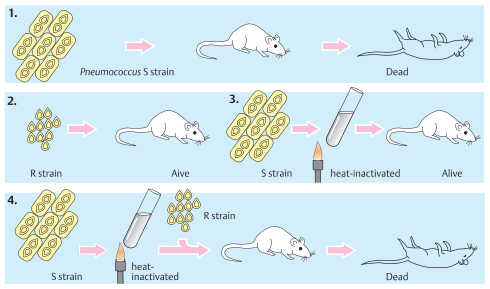Science Magazine Science Edition Team.
 Last
Last
- La robotique dans les laboratoires médicaux modernes : Révolution des Middleware d’Intégration pour Automates d’Analyses
- L’informatique en nuage révolutionne la prestation des soins de santé : moteur d’intégration et d’interopérabilité
- Analyse de santé en temps réel et aide à la décision clinique : Révolutionner les soins avec Promed DELUXE
- Portabilité des données patients dans la santé moderne : Enjeux et solutions d’interopérabilité
- Impact de la technologie 5G sur la santé connectée : Révolution des soins et intégration des automates médicaux
Subscribe to Blog via Email
Join 3,816 other subscribers
© 2025 Magazine Science • Sponsored By Yoctobe LTD, AIaMD and SaMD Development
Close
Abonnez-vous à ce site par e-mail.
Join 3,816 other subscribers









